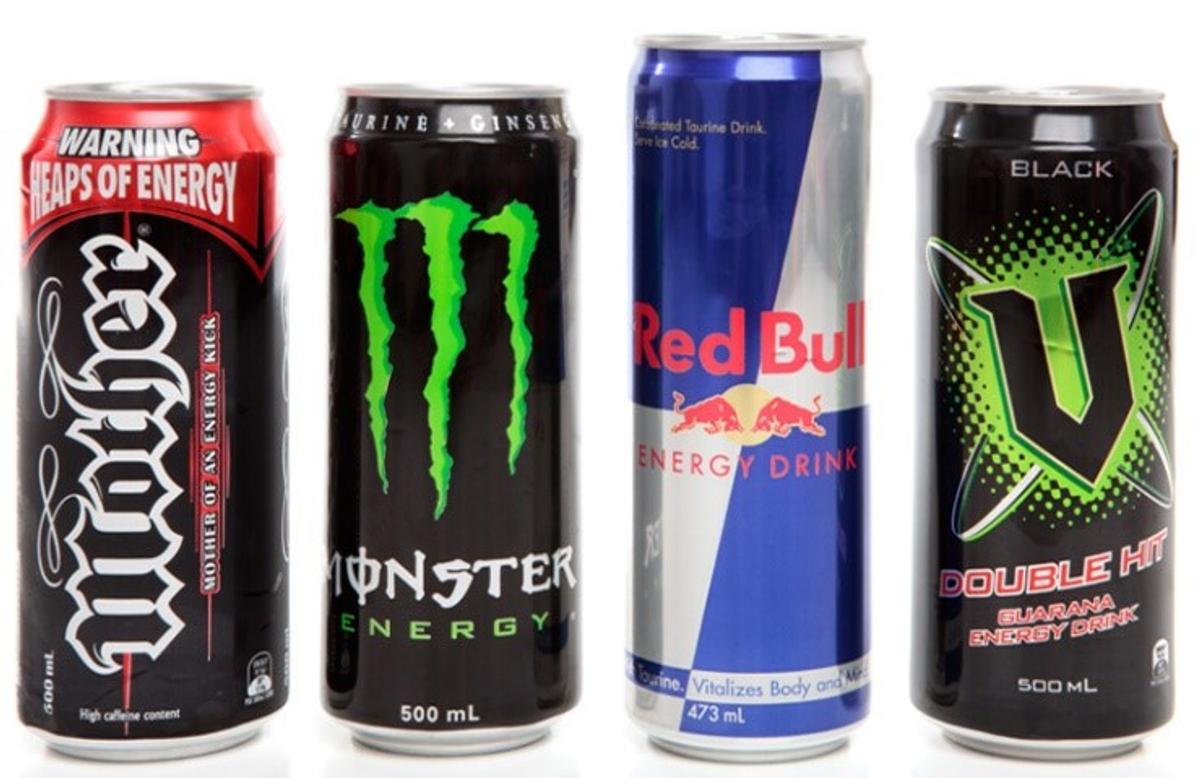ENERGY DRINKS
There is increasing concern amongst health professionals about the risks associated with energy drinks and young people.
The Facts
- Energy drinks are low in nutritional value and high in kJ and may have harmful effects on the health of children and adolescents.
- ‘Energy' drinks contain very high levels of sugar (similar to soft drinks) plus high levels of caffeine or guarana (which contains caffeine) and may also contain other additives such as B vitamins, taurine, ephedrine and ginseng.
- These drinks should not be confused with ‘Sports drinks' which contain carbohydrates, electrolytes and other supplements, but do not tend to contain caffeine.
- As with all soft drinks, ‘energy' drinks, because of the high KJ content, can lead to problems with excessive weight gain.
- The major health concern regarding ‘energy' drinks is their high caffeine content.
Common ‘energy' drinks contain around 160 - 300mg caffeine per 500 ml serve.
Compare this to:
Coffee 40 - 80mg /cup
Tea 20-60mg / cup
What's the problem with caffeine?
Adverse effects of caffeine, in the quantities present in most ‘energy' drinks may include:
- Difficulty concentrating
- Difficulty sleeping
- Insomnia
- Nervousness
- Headache
- Tachycardia (rapid heart rate)
- Hypertension
- Anxiety
- Physiological dependence to caffeine.
Regular intake of moderate to high levels of caffeine can lead to increased tolerance levels. This means more caffeine will be required to give the same effects. In addition, withdrawal symptoms such as headaches, tiredness, anxiety and irritability are likely to occur with a reduction in caffeine intake.


